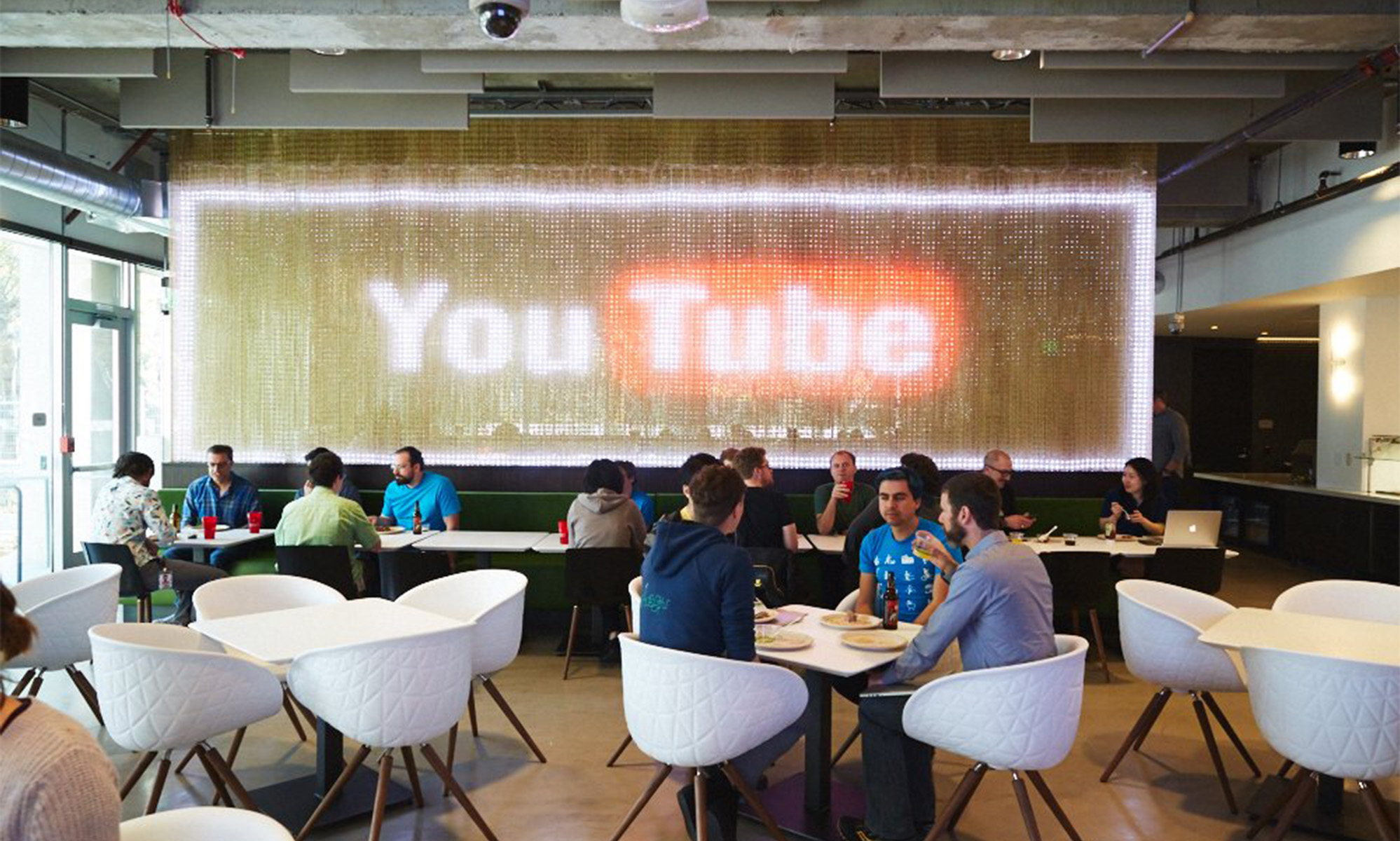At first glance, the news looks like a small victory for Alphabet's (GOOG 0.85%) (GOOGL 0.80%) online video platform YouTube, and a small loss for Amazon's (AMZN +0.49%) video game streaming site platform. Watching videos of video game-play is a fast-growing market with seemingly lots of potential. But it's not exactly a game-changer for either company.
YouTube's announcement that it has secured exclusive rights to stream eSports matches for three different leagues, however, was a big (but quiet) win for video game publisher Activision Blizzard (ATVI +0.00%). The Call of Duty, Overwatch, and Hearthstone games that will be the basis of these competitive events are not only among the most popular eSports titles played, but all three games are owned and regularly updated by Activision Blizzard. Now those titles are centerpieces at the world's most popular website other than Google's search page.
That's kind of a big deal.
Yes, professional video gaming is a thing
The idea of professional video gaming was almost laughable a few years ago. The only ones laughing now are the video gamers who have made millions of dollars just for playing in a public arena. Many of those players also operate related side businesses outside of professional gaming, like creating video content for Amazon-owned Twitch that's available only to paying subscribers. Some gamers earn more doing the latter than the former.

Image source: Getty Images.
Even just the eSports numbers alone are stunning, however. Video game market research outfit Newzoo believes the global eSports "economy" is currently on the order of $1 billion per year, while Nielsen's data analysis indicates Overwatch tournament play averaged 313,000 viewers per minute last year, some of which was seen via linear (cable) television. Like any other sporting event, that viewership creates advertising opportunities.
It's the X-factor, however, that could mean so much more. Newzoo estimates that the publicity value of such events in the gaming industry collected $160 billion worth of consumers' discretionary budgets last year.
Ticket sales for video game tournaments can rival those of traditional professional sports events like baseball or basketball. There's no telling, however, how valuable it is for hundreds of thousands of viewers to watch someone else playing your game title. Young (and not so young) people often dream of becoming the next millionaire superstar on the video game circuit. But to do so, they first have to buy and play the game. And like baseball and football, licensed merchandise sales are a big part of the video gaming industry's total revenue.
Activision Blizzard choosing to make an exclusive commitment with YouTube -- and abandon Twitch in the process -- speaks volumes about the maturity the game developer sees in the eSports industry, as well as the monetizable depth of these three particular games. YouTube, in fact, could be the last piece of the puzzle for Activision Blizzard's eSports ambitions.
YouTube is well positioned at the convergence
As popular as it may be within gaming circles, Amazon's Twitch is still mostly a destination for serious gamers, by serious gamers. Casual players and bored consumers looking for something besides basketball or football haven't been likely to stumble across Twitch.tv. They're even less likely to pay to watch.
YouTube, however, is a different kind of platform. The site already attracts an average of 2 billion different viewers per month who watch an average of 1 billion hours worth of video content every single day, often without looking for anything in particular.
YouTube's video gaming viewership is also already organically strong. More than 200 million users watch some sort of gaming content at the site every day, funneled into the ecosystem by YouTube's Gaming partition. This YouTube niche has yet to foster the sort of gamer loyalty Twitch has, but it's conceivable it will win over more casual (and more numerous) gaming enthusiasts now that eSports is becoming a mainstream form of entertainment. Disney-owned ESPN.com now covers eSports news, for instance, and high schools are increasingly supporting their own eSports teams.
This evolution of eSports into a mainstream form of entertainment for a wider audience meshes perfectly with YouTube's arguable advantage over Twitch. That is, it's an advertising platform that's been evolving under the Google umbrella for years now.
Viewers at Twitch.tv see ads, to be clear, much like they do at YouTube. But it's not a stretch to suggest Alphabet's YouTube -- like Google -- has perfected the art of displaying the right ads at the right time in the right place. This means gaming tournament sponsors like Activision Blizzard can finally get the most advertising bang for their buck when events are streamed online.
Exactly how much revenue this agreement might drive remains unclear. Alphabet offers little in the way of details about its ad business, and Activision Blizzard may simply not know. Nevertheless, it's a win-win partnership that puts the game publisher in a better position to monetize its video game tournaments with a big audience that may not have otherwise watched.








